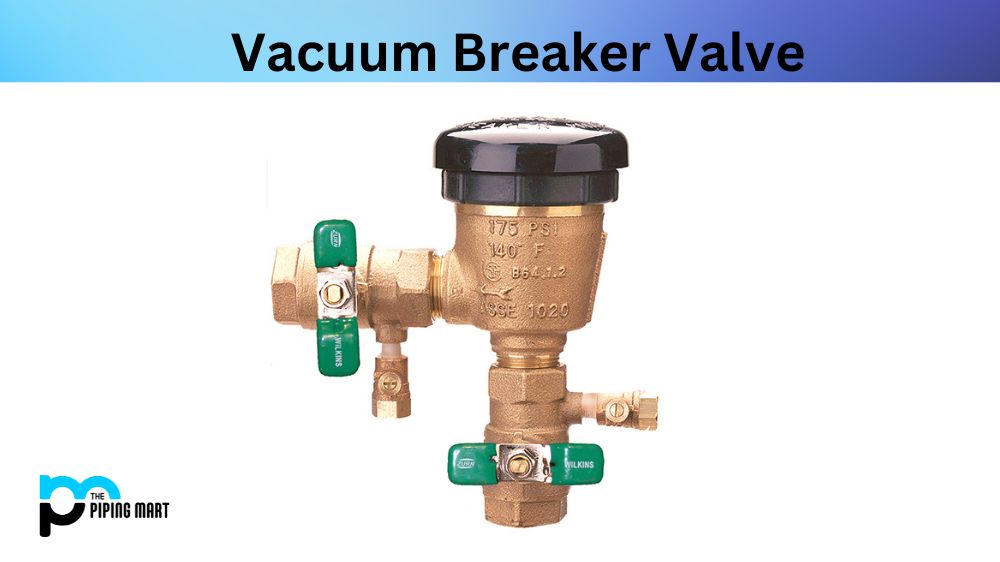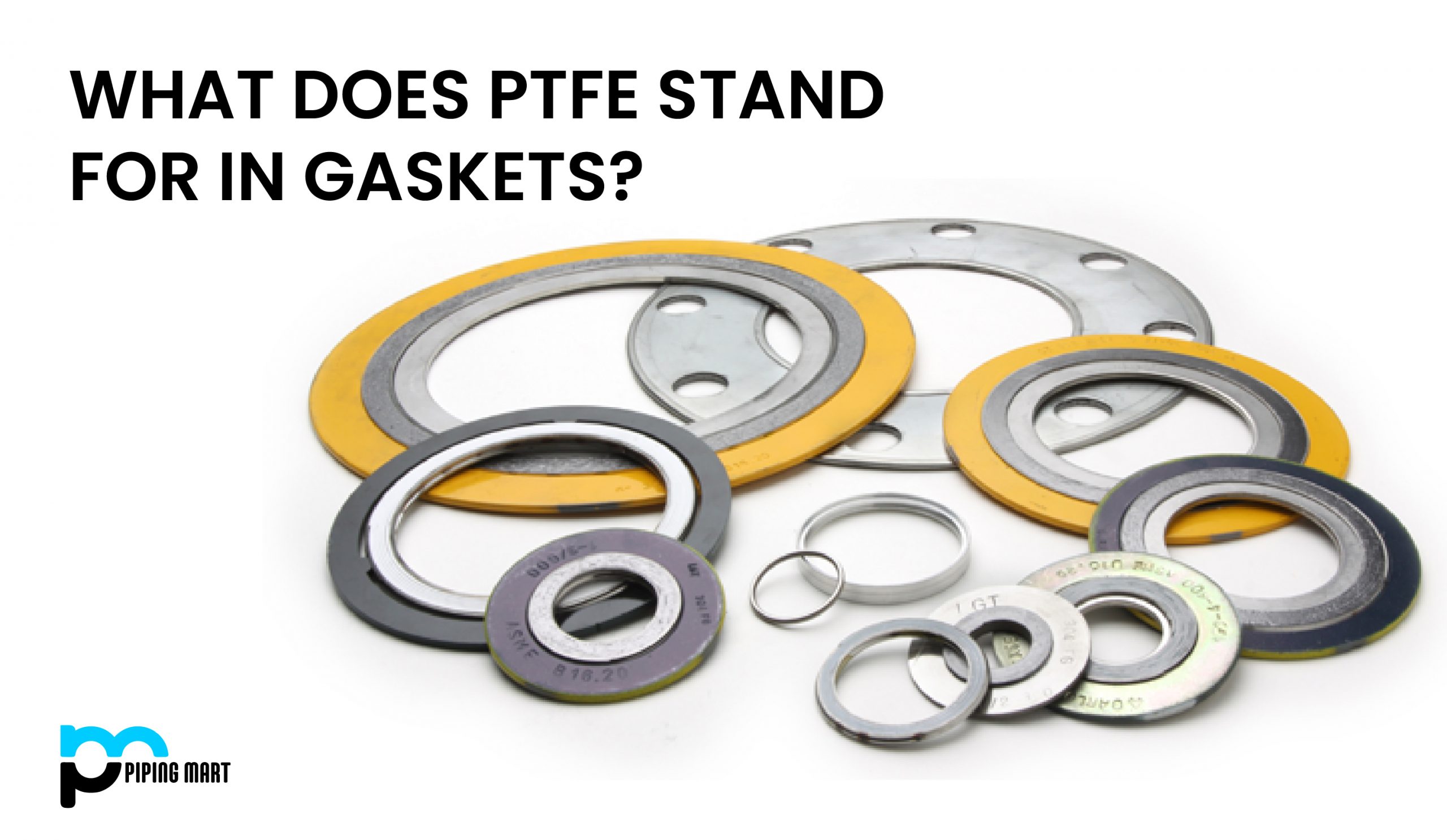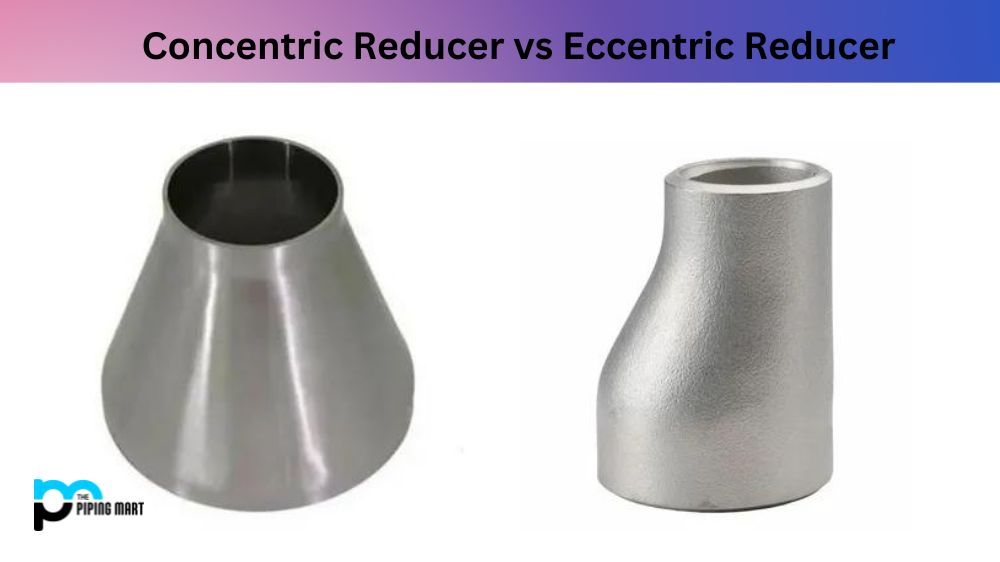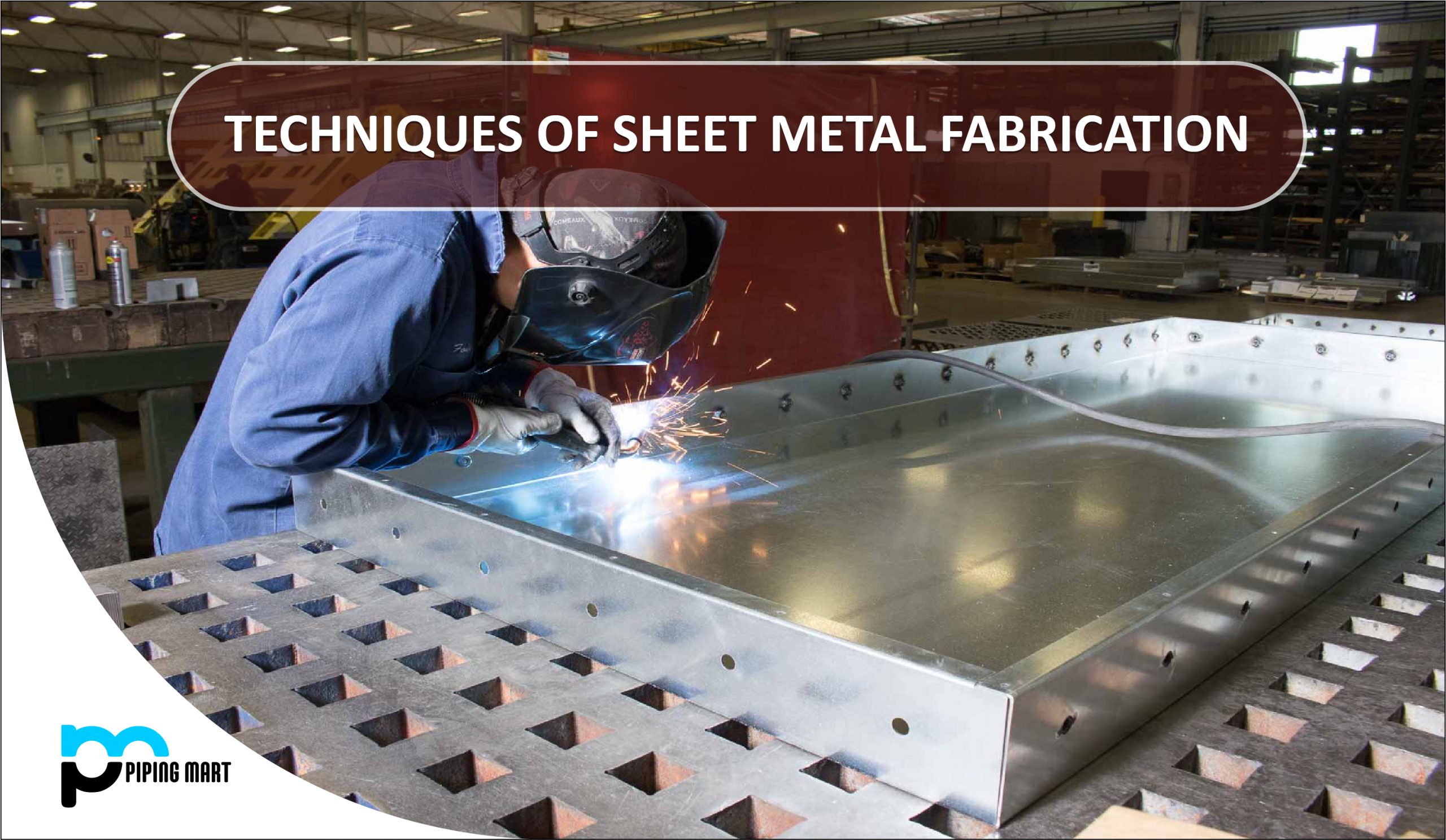If you work in an industry that uses pumps to convey liquids, you are already aware of vacuum breaker valves. This valve primarily works by allowing air to enter the pump suction line and prevent a vacuum, which can cause the system to collapse or implode. A vacuum breaker valve is a crucial component of the pumping system as it helps to ensure the safety of both the system and the people who work with it. However, like any other equipment we use, vacuum breaker valves have advantages and disadvantages, which we will explore in this blog post.
Advantages of Vacuum Breaker Valve:
Improves the safety of the system: A Vacuum breaker valve helps to control the internal pressure of a system and prevent it from collapsing should the pump stop working. By allowing air to enter the pump suction line, the valve prevents the pressure from building and causing damage to the system, which can be both costly and dangerous.
Prevents dry running of pumps: Vacuum breaker valves are designed to prevent the pump from running dry, which can cause unnecessary wear and tear on the equipment. The valve automatically shuts off the pump should the water level drop below the required level, preventing damage to the impellers or other internal components.
Cost-effective: Vacuum breaker valves are relatively affordable and cost-effective compared to other pressure control systems. They require little maintenance, and their simple design means they have fewer points of failure, which can save businesses money in the long run.
Disadvantages of Vacuum Breaker Valve:
Potential leakage: One of the main disadvantages of vacuum breaker valves is the potential for leakage. Because the valve operates by allowing air to enter the system, there is always the risk that air can also escape from the system, which can lead to weak performance or equipment failure. This can be especially dangerous when working with hazardous materials.
Not suitable for high-pressure systems: Vacuum breaker valves are not recommended. The valve is only meant to control the internal pressure of a system and isn’t designed to withstand the pressure of high-volume pumps.
Limited performance: Vacuum breaker valves can have limited performance when controlling a system’s internal pressure. In some cases, the valve may not be able to maintain a consistent pressure in the system, leading to fluctuations in system performance.
Conclusion:
In conclusion, a Vacuum breaker valve is an essential component of a pumping system as it contributes significantly to the equipment’s safety, performance and longevity. While the valve has some disadvantages, like the potential for leakage and limited performance, its numerous advantages, including improved safety, preventing the dry running of pumps, and cost-effectiveness, make it a great investment for any industry that uses pumps. Companies should invest in a high-quality vacuum breaker valve suitable for their systems to help prevent accidents, save money in the long run, and ensure a safer working environment for employees.
Meet Heer, a dynamic and driven writer learning tricks of her trade in the metal industry. With a background in Digital Marketing, Heer brings a unique perspective to her writing, sharing valuable insights. Apart from blogging she like reading and hiking.




